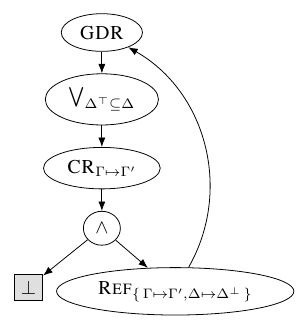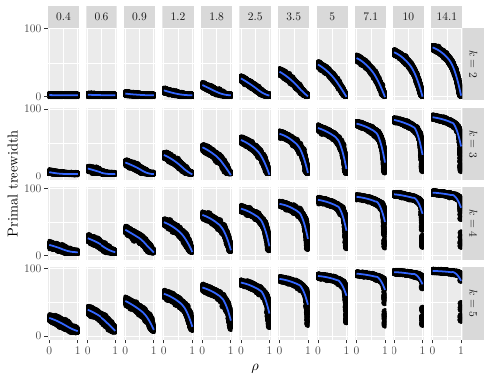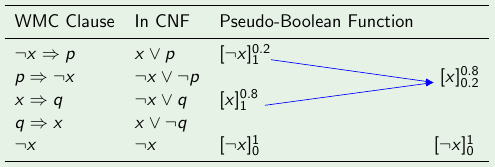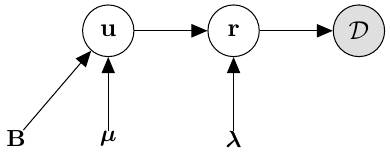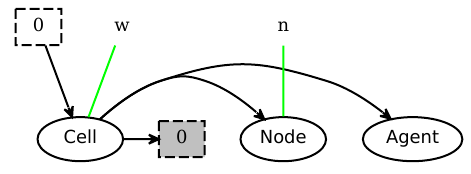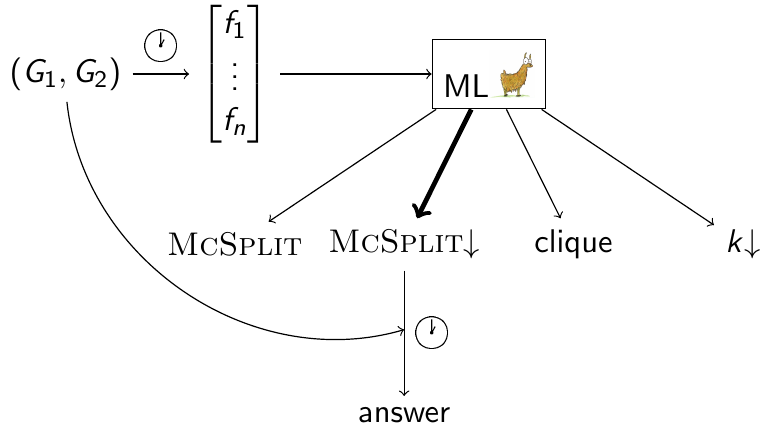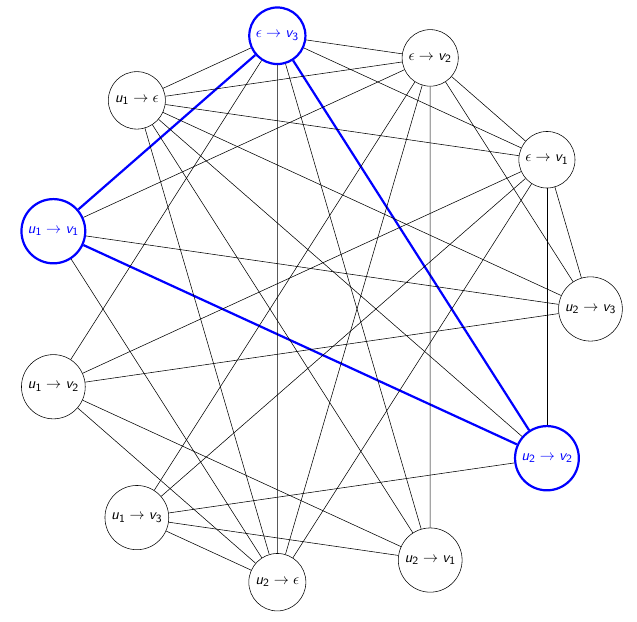
Paulius Dilkas
I am a faculty member at the Middle East Technical University Northern Cyprus Campus. Previously, I was a postdoctoral researcher at the University of Toronto and the National University of Singapore, where I worked with Kuldeep S. Meel. I earned my PhD in Robotics and Autonomous Systems from the joint program between the University of Edinburgh and Heriot-Watt University, under the supervision of Vaishak Belle. Before that, I completed an MSci in Computing Science at the University of Glasgow.
My research focuses on discrete algorithms that count and compute sums of products based on a logical problem description. Specifically, I study weighted model counting—a weighted version of the #SAT problem—and first-order model counting. To solve these problems, I employ algorithmic techniques such as dynamic programming, knowledge compilation, and different representations of Boolean and pseudo-Boolean functions. Efficiently solving model counting problems is of utmost importance in various domains of artificial intelligence (AI), including explainable AI, neuro-symbolic AI, probabilistic programming, and statistical-relational AI. Moreover, these techniques find applications in bioinformatics, data mining, natural language processing, prognostics, and robotics.
In addition to my primary research interests, I am interested in graph algorithms, constraint satisfaction, and search algorithms. Previously, I have worked on projects involving graph algorithms, algorithm portfolios, formal modelling using bigraphs, and inverse reinforcement learning.

